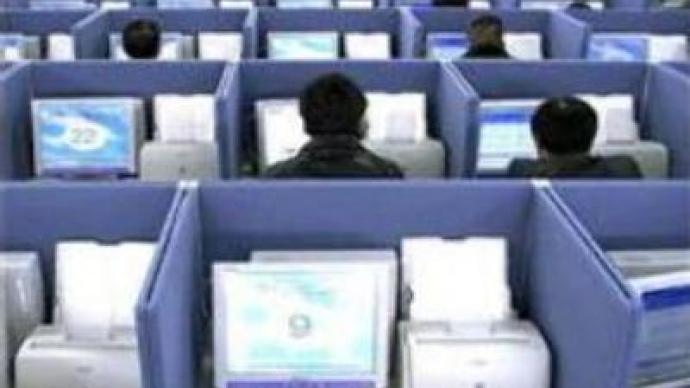Staff shortage hits Russian businesses

Russia's economy may boast strong growth, high liquidity, and huge potential but the country's employers lack the most valuable resource of all – people.
Staff shortage hits Russian businesses Russia's economy may boast strong growth, high liquidity, and huge potential but the country's employers lack the most valuable resource of all – people.“Qualified personnel, especially in management positions,” pinpointed one businessman.“The biggest challenge from our perspective is human resources,” stated Felix Lubashevsky, the President of Integra Oil Services.“Its not just finding qualified staff, it's finding any staff,” complained Aleksey Filimonov, the Managing Director of Astera Group Moscow.Real Estate company director, Aleksey Filimonov, says that even if you are prepared to pay for the best managers on the market, there just aren't enough of them to go round.“It is slowing down everybody's development. I have to tell you it does not matter how much salaries will grow, the amount of people actively involved in the market is highly limited and does not grow significantly, because we do not have too many people,” stated Aleksey Filimonov.The main problem is that the labour market needs experienced specialists for sectors that did not even exist before the 1990s.“The word disaster is probably going to describe it as closely as possible,” presumed Mr. Filimonov forecasting the situation in 5 years time.Although the economy is growing, the population is not. It is estimated that in 2013 there will be 30% less young people looking to enter higher education than there are today.The Association of European Businesses in Russia, or AEB, brought together around 200 people at an conference for HR professionals on Wednesday 16.Tim Carty, the Chairman of the AEB HR Committee, said the sector's increasing focus on retaining and training existing staff members will make a difference.“We're seeing a lot more focus on proper career assessment, proper job assessment, proper pay schedules, proper incentive programmes, with a view to making things better in 4 or 5 years time,” concluded Tim Carty.Carty also said that Russian companies will get a boost to their bottom line a lot sooner than that, if their HR policy is strong.“If you get your recruitment right, if you get your compensation right, if you get your training and development right, it's very significant. So you end up seeing it in the numbers pretty swiftly,” added Mr. CartyBut that is a small consolation for companies who say they're missing out on significant financial gains because they do not have the staff they need to achieve the growth they want now.
You can share this story on social media:












